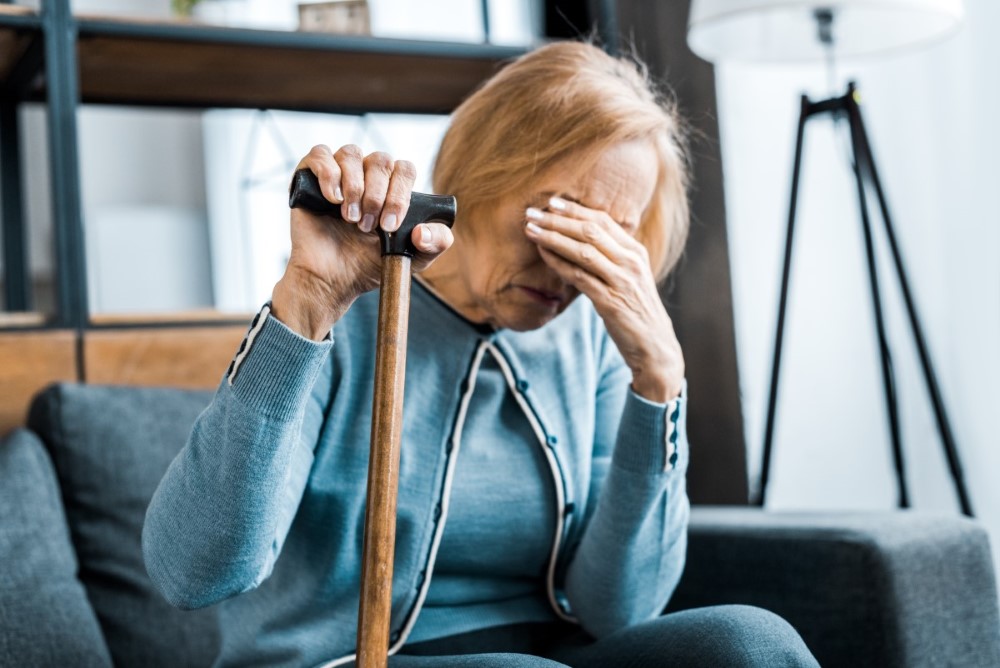For many veterans, the battle doesn’t end upon returning home. Instead, they face a different kind of war: one against addiction. This article delves into the unique challenges veterans encounter with addiction, highlighting the interplay of PTSD, the importance of support systems, and the need for specialized treatment programs.
The PTSD-Addiction Nexus in Veterans
- Trauma and Substance Use: Veterans often grapple with Post-Traumatic Stress Disorder (PTSD), a condition marked by intense, disturbing thoughts and feelings related to their experiences. To cope with these symptoms, some turn to substance use.
- Self-Medication and Escalation: Initially, substances may seem like a refuge from PTSD symptoms, but this self-medication can quickly escalate into dependency or addiction.
Navigating the Recovery Terrain
- Family and Community Support: For you, as a veteran, having a strong support system is vital. Family, friends, and community networks play a crucial role in providing emotional support and encouragement.
- Peer Support Groups: Connecting with fellow veterans who have similar experiences can be incredibly therapeutic. These groups offer a unique understanding and camaraderie that is hard to find elsewhere.
Tailoring to Veterans’ Needs
- Veteran-Specific Rehabilitation Centers: These facilities understand the unique experiences and challenges of veterans. They offer tailored programs that address not only addiction but also underlying issues like PTSD.
- Holistic and Integrative Approaches: Effective treatment often includes a combination of therapy, medication, and holistic approaches like mindfulness, yoga, or art therapy, catering to the complex needs of veterans.
The Controversy of Medication-Assisted Treatment (MAT)
- The MAT Debate: There is a debate within the veteran community about the use of medication-assisted treatment. While some argue for its effectiveness in managing symptoms, others raise concerns about replacing one dependency with another.
Building Resilience and Preventing Relapse
- Coping Skills and Relapse Prevention: Learning new coping mechanisms is crucial. This includes strategies to deal with triggers, stress management techniques, and building a resilient mindset.
- Continued Care and Follow-Up: Long-term recovery often requires ongoing support. Regular check-ins, continued therapy, or participation in support groups can help maintain sobriety.
Veterans facing addiction are battling inner wars, wars that require understanding, specialized care, and a strong support network. By addressing the underlying trauma, offering tailored treatment, and building robust support systems, veterans can navigate the path to recovery, finding hope and healing after service.
Unraveling the Complex Web of PTSD and Addiction in Veterans
The journey of many veterans is marked by an intricate connection between trauma and addiction. Understanding this link is crucial in addressing the specific challenges faced by veterans in their battle against addiction.
A Gateway to Addiction
- Traumatic Experiences and Substance Use: Veterans with a history of at least four traumatic encounters are significantly more likely to develop alcohol use disorders and substance use disorders. This increased vulnerability often stems from the intense and complex nature of combat experiences.
- Environmental Factors: The environment in which a veteran served, including the politics of the war, location, and type of enemy faced, can exacerbate traumatic experiences, influencing the likelihood of addiction.
PTSD Among Veterans: A Multifaceted Cause
- Combat-Related Stressors: Various factors in combat, such as military occupation, the nature of the war, and military sexual trauma (MST), contribute to the development of PTSD among veterans.
- Substance Use as Self-Medication: Those suffering from PTSD are 14 times more likely to develop a substance use disorder. Often, substances are used as a means of self-medication to cope with the overwhelming symptoms of PTSD.
Effective PTSD Treatments for Veterans
- Focus on Trauma in Therapy: The most effective treatments for PTSD in veterans are trauma-focused talk therapies. These therapies concentrate on the traumatic event and its personal significance.
- Recommended Therapeutic Approaches: Cognitive Processing Therapy (CPT), Eye Movement Desensitization and Reprocessing (EMDR), and Prolonged Exposure (PE) are among the top therapies proven to be effective for veterans struggling with PTSD.
In the context of addiction among veterans, it’s essential to recognize the deep-seated connection between traumatic experiences and substance use. By addressing PTSD through specialized, trauma-focused therapies, there is a pathway to not only alleviate the symptoms of PTSD but also to tackle the intertwined issue of addiction. Understanding and treating these interconnected issues is a critical step in supporting veterans as they navigate their post-service lives.
The Role of Military Occupational Stress in PTSD and Addiction
Impact of Military Occupation on Mental Health
While discussing the factors contributing to PTSD and addiction in veterans, it’s essential to delve deeper into how specific military occupations or specialties can influence mental health. Combat roles, in particular, expose individuals to high-stress situations and life-threatening events, increasing the risk of developing PTSD. The connection lies in the intensity and frequency of traumatic exposures in these roles, often leading veterans to seek solace in substance use as a coping mechanism.
Understanding Military Sexual Trauma (MST) and its Aftermath
MST: A Significant Contributor to PTSD
Military Sexual Trauma (MST) is another pivotal factor in the development of PTSD among veterans. MST refers to sexual harassment or assault that occurs during military service. This experience can leave deep psychological scars, contributing to feelings of powerlessness, shame, and isolation. The trauma from MST is often profound and can lead to a heightened risk of addiction as veterans struggle to cope with the aftermath of such deeply personal violations.
The Effectiveness of EMDR in Treating Veteran PTSD
EMDR: A Closer Look
Eye Movement Desensitization and Reprocessing (EMDR) is a form of psychotherapy that has been shown to be particularly effective in treating PTSD among veterans. EMDR involves the patient recalling distressing images while receiving one of several types of bilateral sensory input, such as side-to-side eye movements. This process is thought to lessen the emotional impact of past traumatic memories. For veterans, EMDR offers a way to process and integrate traumatic experiences, reducing the need to turn to substances for emotional relief.
The Challenge of Dual Diagnosis in Veterans
Navigating Co-occurring Disorders
Many veterans face the challenge of a dual diagnosis – coping with PTSD and substance use disorder simultaneously. This combination presents unique treatment challenges, as both conditions can exacerbate each other. Addressing dual diagnosis requires a coordinated treatment approach that tackles both PTSD and addiction. Such approaches need to be holistic, taking into account the interplay between mental health and substance abuse, and tailored to address the specific needs and experiences of veterans.
Take the Next Step: Join Us in Addressing Veteran Addiction Challenges
As you’ve journeyed with us through the intricate landscape of addiction among veterans, you’ve gained insights into the profound challenges they face, including the impact of PTSD, the importance of supportive networks, and the necessity for specialized treatment programs. If these topics have resonated with you, or if you find yourself seeking more information and support, we warmly invite you to take the next meaningful step.
Reach Out for Support and Guidance
We understand that the journey of overcoming addiction, especially for veterans grappling with PTSD and other unique challenges, is a path that requires understanding, specialized care, and a strong support system. Whether you are a veteran facing these battles, a loved one seeking to help, or simply someone interested in learning more, your experiences and insights are invaluable.
Visit our contact page today. By reaching out, you can directly address the challenges discussed in our articles. Our team is committed to providing support, resources, and guidance tailored to the unique needs of veterans battling addiction. Together, we can explore various treatment options, connect you with specialized programs, and offer the support system necessary to navigate this journey.
Remember, each step you take towards understanding and addressing addiction among veterans is a stride towards healing and transformation. Let’s continue this important conversation and work together to alleviate the challenges faced by our veterans. Your courage to reach out can be the start of a new chapter in this crucial battle against addiction.




